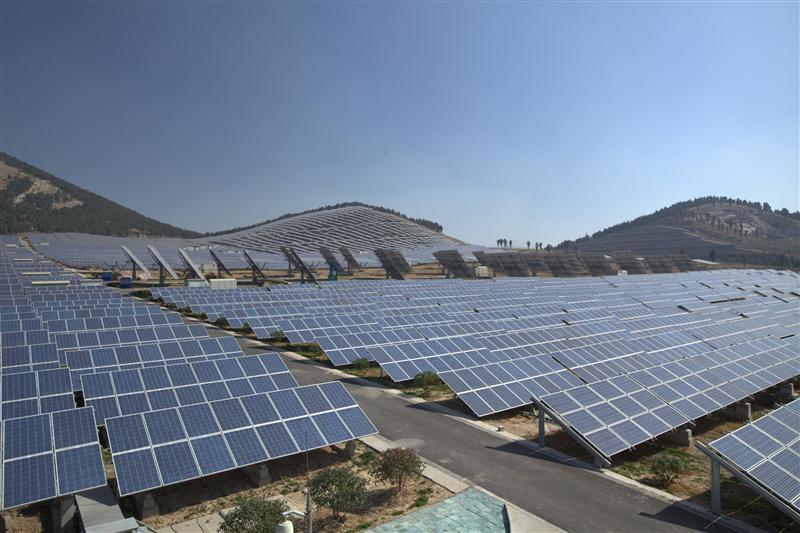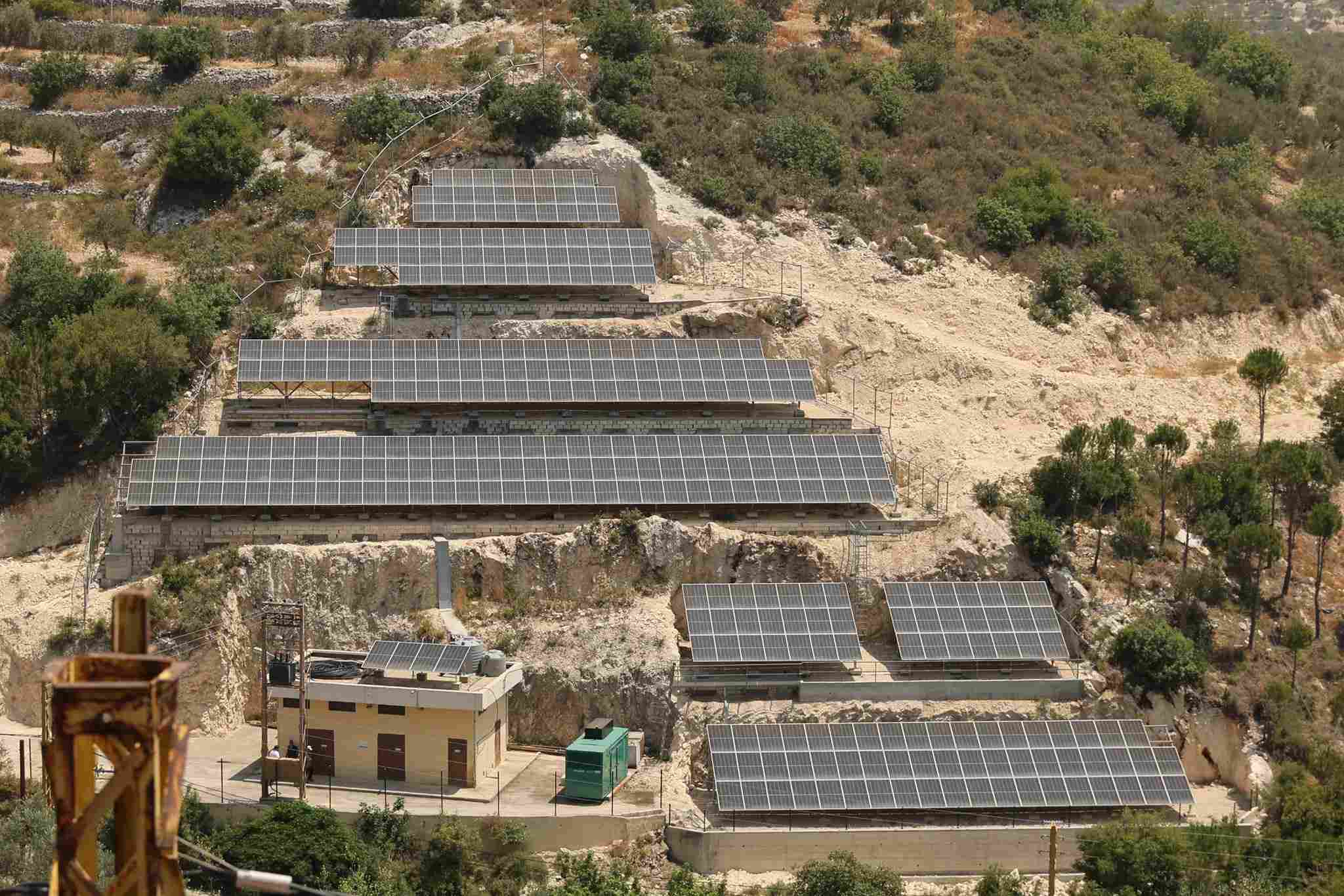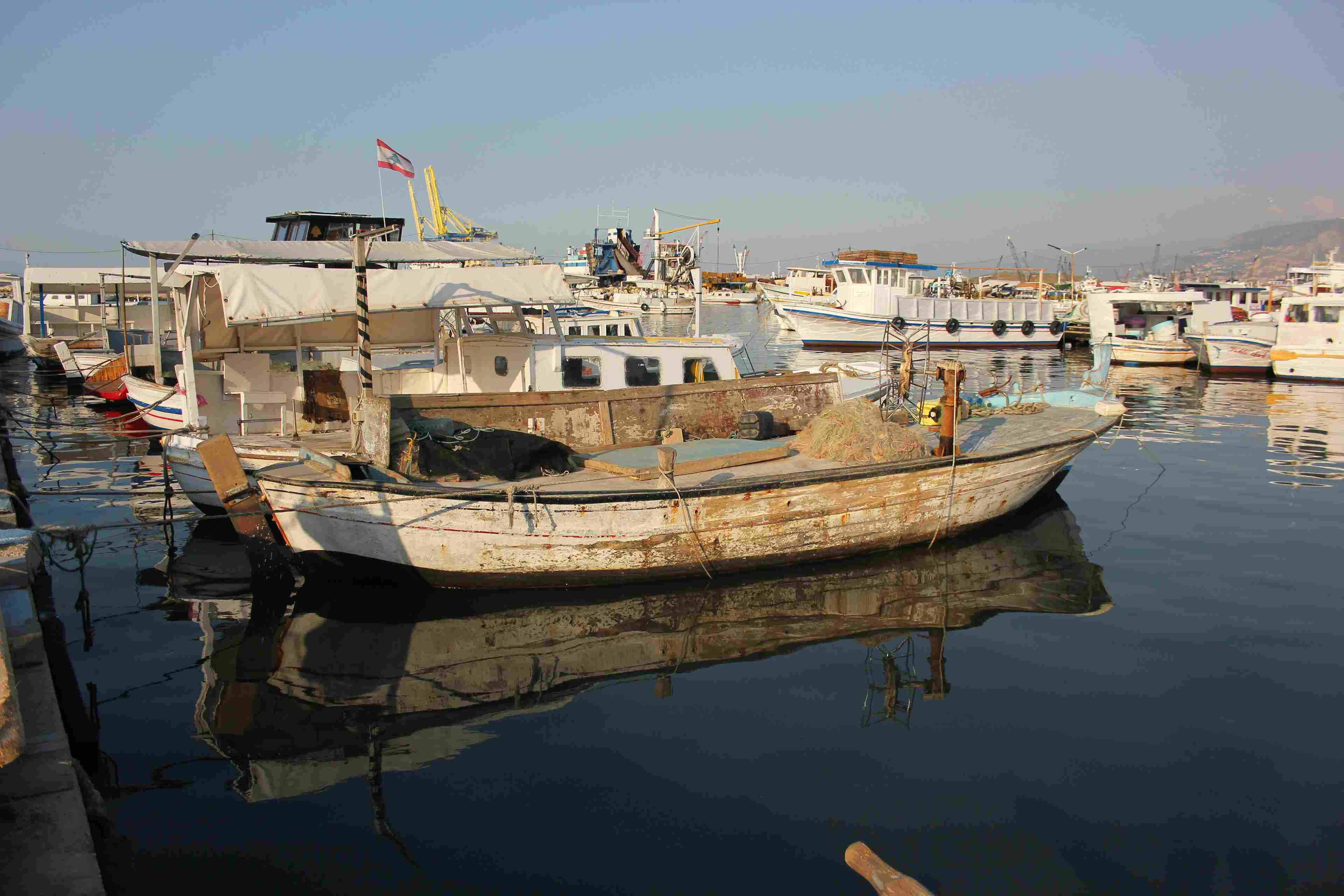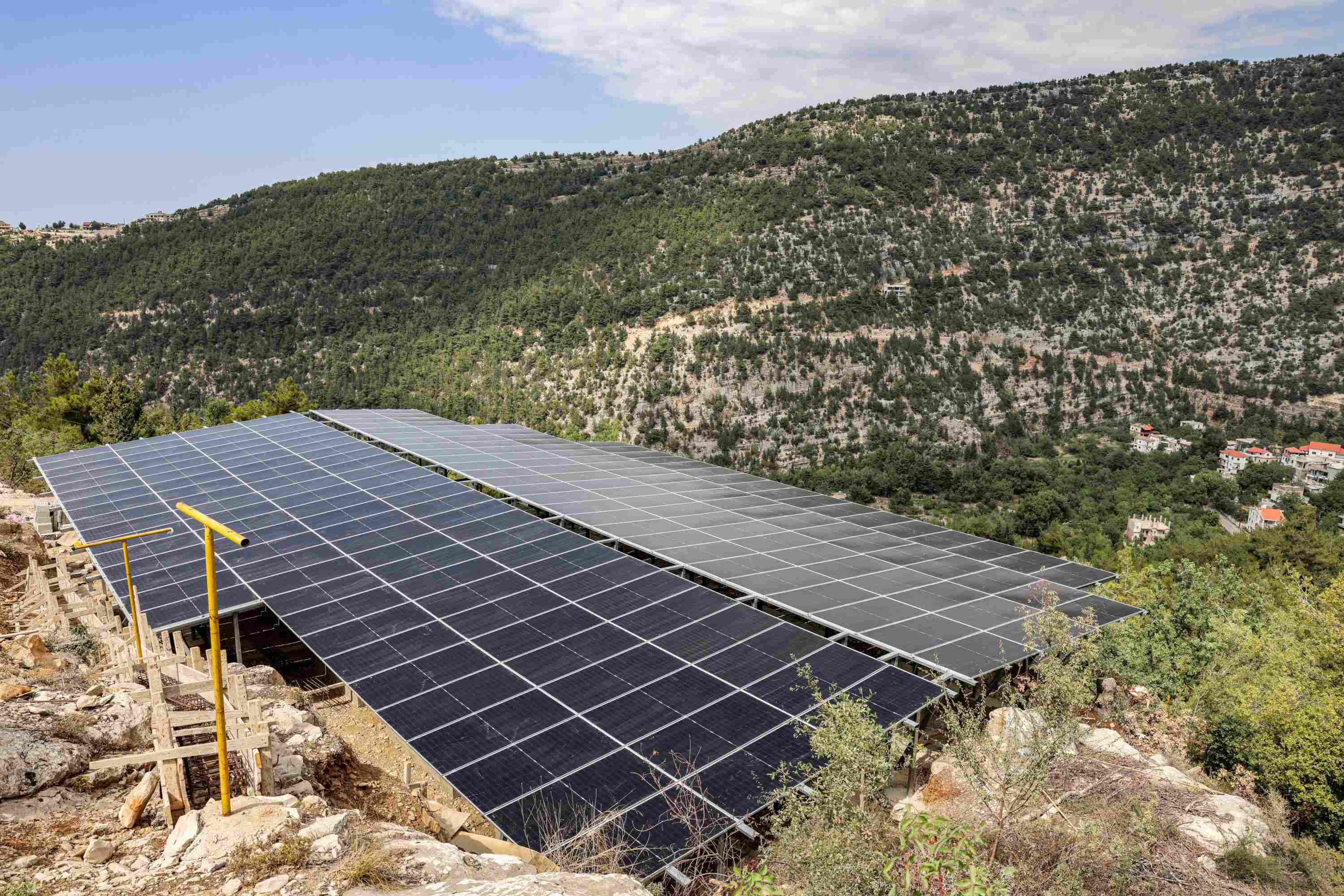
BEIRUT (Enmaeya News) — September 25, 2025
Lebanon’s Minister of Energy and Water, Joe Saadi, signed power purchase agreements (PPAs) with Joe Dakkak, General Manager of CMA CGM in Lebanon and the Near East, to boost solar energy use, increase electricity production, lower costs, and reduce pollution.
This follows Merit Invest, part of CMA CGM, receiving three licenses to build solar farms.
Sadi stated that Lebanon has many sunny hours each day, and using this natural resource can produce electricity cheaper and cleaner than traditional methods. He added: “We need every kilowatt of power, not just megawatts, because demand is much higher than supply. Solar energy will be a key part of our plan, alongside building new gas-powered plants.”
In May 2022, the Cabinet granted 11 solar electricity licenses, each for 15 megawatts with a 25-year operating period, but most remained unused.
Saddi said he gathered the license holders and gave them a deadline of December 31 to meet requirements and start construction. He also announced the creation of the Electricity Regulatory Authority after 23 years of delay. This authority grants licenses for large solar farms and monitors them under Lebanon’s Electricity Law No. 462 of 2002.
The new contracts cover three solar plants in Mount Lebanon, the North, and the Bekaa Valley, producing a total of 45 megawatts connected to Lebanon’s national grid. The fixed energy price is 5.7 cents per kilowatt-hour in Bekaa and 6.27 cents in the North and Mount Lebanon—much lower than the average cost at Electricité du Liban.
Saddi stressed the Ministry’s commitment to turning these contracts into real projects quickly and praised CMA CGM’s confidence in Lebanon and its transparent, law-abiding investment approach.
Dakkak said CMA CGM focuses on sustainability and energy transition worldwide, aiming for carbon neutrality by 2050. The company has invested in dual-fuel ships to cut CO₂ emissions by 25% and plans to use next-generation fuels like methanol and biofuels by 2028.
He added that Lebanon’s three solar plants will generate enough electricity for over 22,000 homes, reduce CO₂ emissions by more than 45,000 tons yearly, create jobs during construction, and support municipalities.
The project will also serve as a platform for education, research, and renewable energy innovation.
Regarding locations, Dakkak said the North project is the most advanced with land secured and a contractor selected. The Mount Lebanon and Bekaa projects are still looking for suitable sites. All three will meet preconditions to begin construction as soon as possible.






